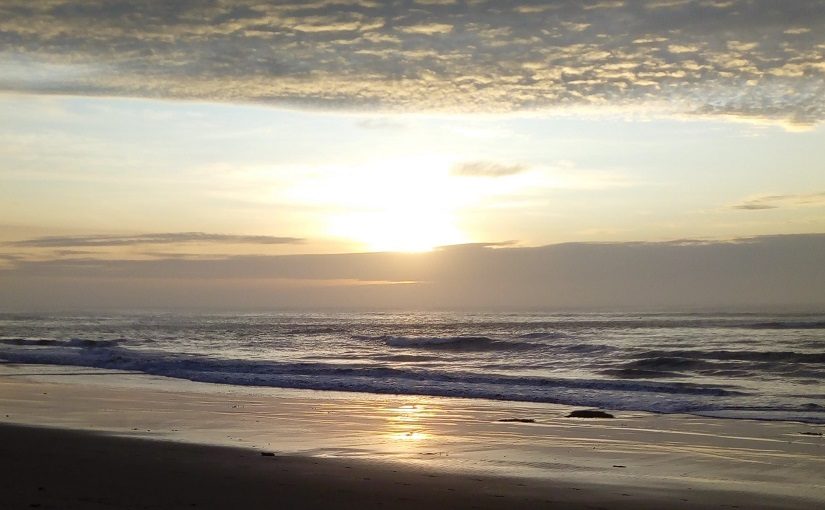Isn’t it true that, in many ways, we’re constantly surrounded by thought? Our own thoughts of what things are, what they mean, and how it all ties together, then all these other thoughts people have had or are having around us. This idea that “everything” is either the product of thought or its subject, as humans weave their minds over and about everything that falls in our path.
Maybe it’s “obvious” that, as thinking beings, we would be casting those minds around our environment, but it’s still strange to think that every moment of every day we’re being assailed by ideas, statements and interpretations. This never-ending tide of meaning that flows over us with all we see and hear throughout the day (Notes One).
As if everything’s a sort of embodied thought: something someone once dreamed up, created, distributed to help serve our needs. Life then becoming this landscape of all those things that were here before us – nature, environment, history – plus all those we’ve added since. Realities we’ve come to take up, make our own, build our lives around and upon.
Then, of course, all of the more explicit “thought” that’s thrown our way each day through conversations, encounters, news, social media, and the like (Notes Two). All these voices expressing their thoughts, forming their conclusions, casting their judgements or recommendations in our direction. Each of us drawing on our own frame of reference to speak into other lives and tell those people what to think – what it all means.
Beyond the arguable confusion of now having so many of humanity’s artefacts finding their way into our lives, aren’t we also now living within the strangely critical atmosphere of other people’s perspectives? This ceaseless commentary of everyone judging and labelling everything we’re being shown. As if life itself now has this overlay of articulated human thought we’re all perhaps contributing towards or listening to.
It hardly seems surprising that modern life would be mentally draining in ways previously unknown: living within this proliferation of things and opinions is daunting even in theory. Being surrounded by objects from all times and places – some carrying great meaning, some cheaply produced for the chance of a profit – is a lot to filter through and make sense of. As are all the many, many voices speaking at us each day.
If we take it that it all “means something” – coming out of somebody’s idea of life or some trend within society – trying to piece together the bigger picture of all that’s going on in the world, what people are buying into, and where it’s all leading can seem so overwhelming (Notes Three). And we can’t really say it doesn’t matter, as if enough people believe and act on these things the future becomes a different place.
Being human – capable of thought – within a modern world so full of questionable ideas can’t be easy: each of us, perhaps, tangled in trains of thinking that sorely need us to smooth out and correct them somehow.
Notes and References:
Note 1: Visual language and spaces
Note 1: How ideas find their place in the world
Note 1: Do we need meaning?
Note 1: Attacks on our humanity
Note 1: How much do intentions matter?
Note 2: What is the public conversation?
Note 2: Humans, judgement & shutting down
Note 2: Which voice can we trust?
Note 3: Joining the dots
Note 3: Power and potential
Note 3: Complication of being human
Note 3: Life’s never been simpler…
Note 3: All in such a rush
In a similar vein to all this, Problems & the thought that created them mused over understanding, creating and resolving our problems.

